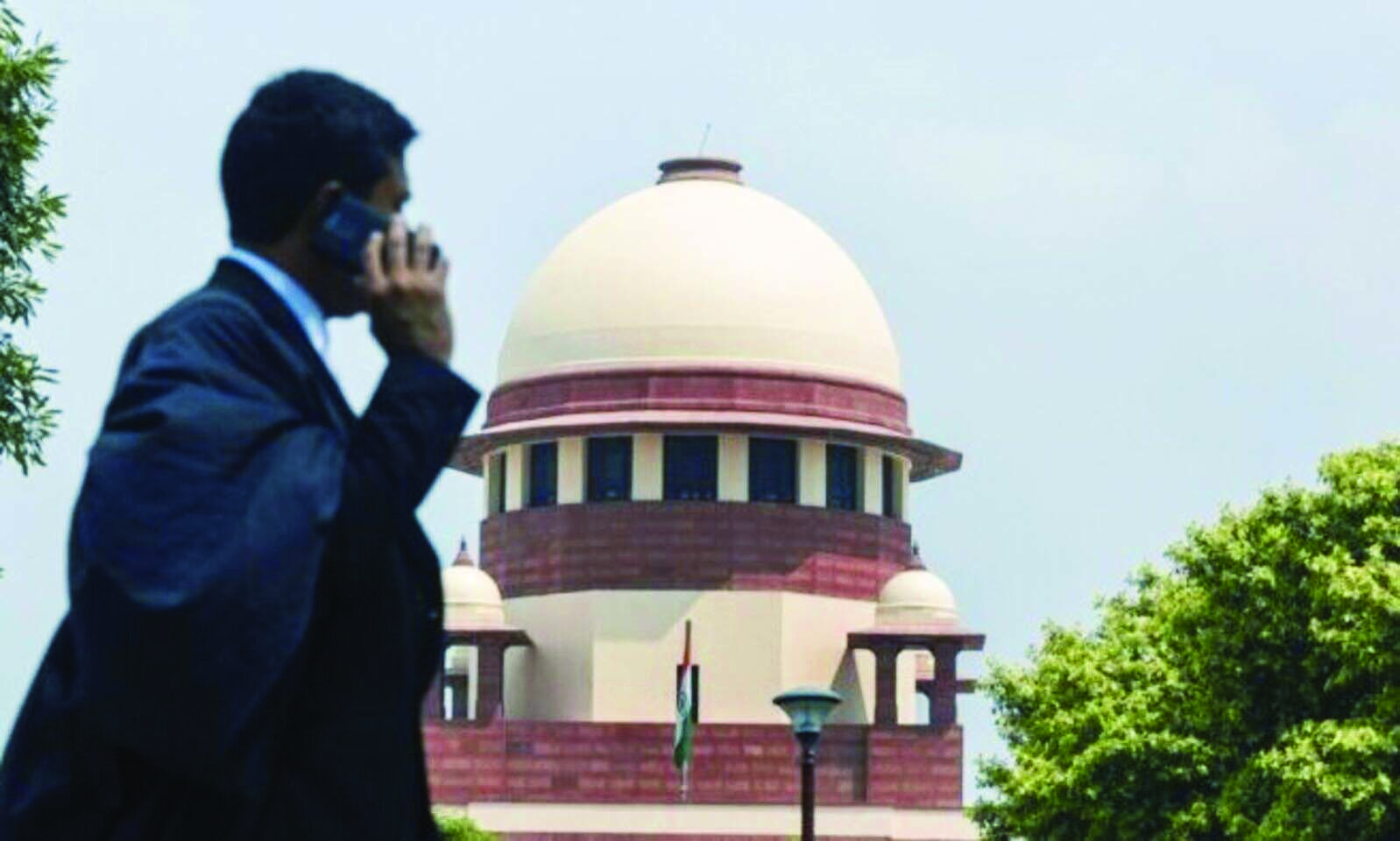Money laundering has become threat to financial system: SC

NEW DELHI: With the advancement of technology and artificial intelligence, economic offences such as money laundering have become a real threat to the functioning of the financial system of the country, the Supreme Court said on Monday while dismissing the bail plea of an accused.
Dismissing the bail plea of an employee of Shakti Bhog Foods Limited in a money laundering case, a bench of Justices Aniruddha Bose and Bela M Trivedi said economic offences have serious repercussions on the development of the country as a whole.
“With the advancement of technology and artificial intelligence, the economic offences like money laundering have become a real threat to the functioning of the financial system of the country and have become a great challenge for the investigating agencies to detect and comprehend the intricate nature of transactions, as also the role of the persons involved therein.
“A lot of minute exercise is expected to be undertaken by the investigating agency to see that no innocent person is wrongly booked and that no culprit escapes from the clutches of the law,” the SC bench said.
It said the economic offences need to be visited with a different approach in the matter of bail.
“The economic offences having deep-rooted conspiracies and involving huge loss of public funds need to be viewed seriously and considered as grave offences affecting the economy of the country as a whole and thereby posing serious threat to the financial health of the country,” the bench said.
The top court said when the detention of the accused is continued by the court, the courts are also expected to conclude the trials within a reasonable time, further ensuring the right of speedy trial guaranteed by Article 21 of the Constitution.
The apex court said the accused, Tarun Kumar, has to prima facie prove that he is not guilty of the alleged offence and is not likely to commit any offence while on bail.
“It cannot be gainsaid that the burden of proof lies on the accused for the purpose of the condition set out in the Section 45 (conditions for grant of bail) that he is not guilty of such offence. Of course, such discharge of burden could be on the probabilities, nonetheless in the instant case there being sufficient material on record adduced by the respondent showing the thick involvement of the appellant in the alleged offence of money laundering under Section 3 of the said Act, the Court is not inclined to grant bail to the appellant,” the bench said.



